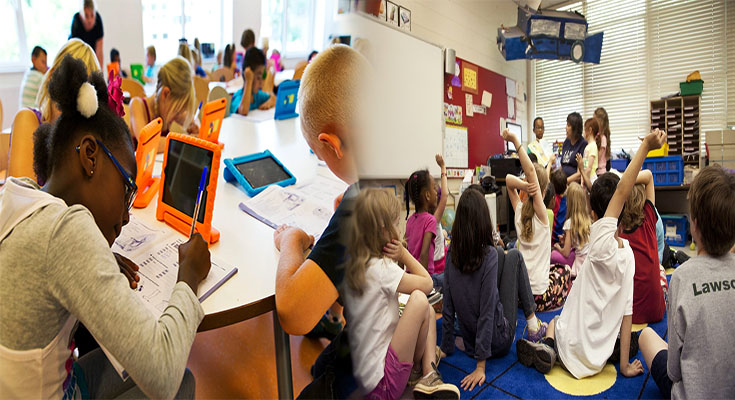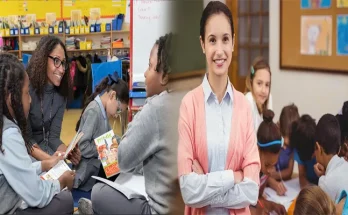As technology continues to transform the landscape of education, Master of Education (M.Ed.) Technology programs are adapting to incorporate innovative pedagogies that prepare educators for the digital age. These advanced programs are designed to equip teachers and education professionals with the skills and knowledge needed to leverage technology effectively in the classroom, enhance student learning outcomes, and stay ahead of the curve in a rapidly evolving field. Let’s explore some of the innovative pedagogies that are being integrated into M.Ed. Technology programs to empower educators for the future.
Project-Based Learning (PBL):
One innovative pedagogy being embraced in M.Ed. Technology programs is Project-Based Learning. This approach encourages students to collaborate on real-world projects that require critical thinking, problem-solving, and creativity. By working on hands-on projects, educators gain practical experience in utilizing technology tools and resources to enhance teaching and learning.
Flipped Classroom Model:
The Flipped Classroom Model is another pedagogy gaining traction in M.Ed. Technology programs. In this model, traditional teaching methods are flipped, with students engaging in self-paced learning activities outside of class and using technology resources to access content, videos, and interactive materials. During class time, educators focus on facilitating discussions, conducting hands-on activities, and providing personalized support to students.
Game-Based Learning:
Game-Based Learning is an engaging pedagogy that leverages educational games and simulations to enhance learning outcomes. In M.Ed. Technology programs, educators explore the use of digital games, gamification elements, and virtual reality experiences to create immersive and interactive learning environments. Through game-based learning activities, teachers can motivate students, promote collaboration, and foster a deeper understanding of complex concepts.
Personalized Learning Paths:
Personalized Learning Paths are a key component of innovative pedagogies in M.Ed. Technology programs. Educators learn how to leverage technology tools and data analytics to tailor instruction to individual student needs, preferences, and learning styles. By creating personalized learning paths, teachers can optimize student engagement, boost retention rates, and maximize learning outcomes for diverse learners.
Global Collaboration and Connectivity:
M.Ed. Technology programs emphasize the importance of global collaboration and connectivity in today’s interconnected world. Educators are encouraged to leverage technology platforms, online communities, and virtual exchange programs to facilitate cross-cultural communication, collaboration, and knowledge sharing. Through global projects and partnerships, teachers can broaden their perspectives, expand their networks, and enrich the learning experiences of their students.
Digital Storytelling and Multimedia Production:
Digital Storytelling and Multimedia Production are creative pedagogies that empower educators to incorporate multimedia elements such as videos, podcasts, animations, and interactive presentations into their teaching practices. In M.Ed. Technology programs, teachers learn how to design compelling storytelling experiences, leverage digital tools for content creation, and engage students through multimedia-rich learning materials.
Master of Education Technology programs are at the forefront of educational innovation, embracing cutting-edge pedagogies that harness the power of technology to transform teaching and learning. By integrating these innovative approaches into their curriculum, educators can enhance their instructional practices, adapt to the digital demands of the 21st century, and inspire the next generation of learners. As technology continues to shape the future of education, M.Ed. Technology programs stand ready to empower educators with the knowledge, skills, and tools they need to thrive in an increasingly digital world.





